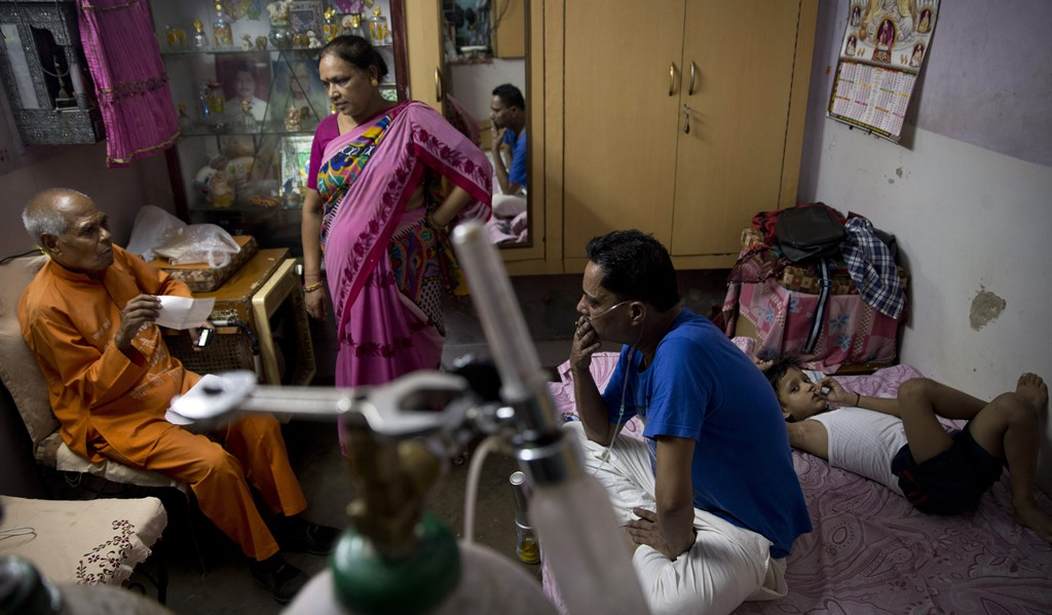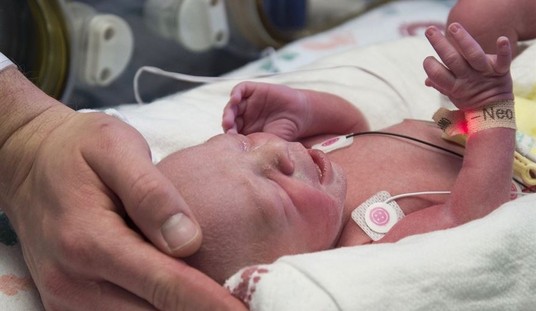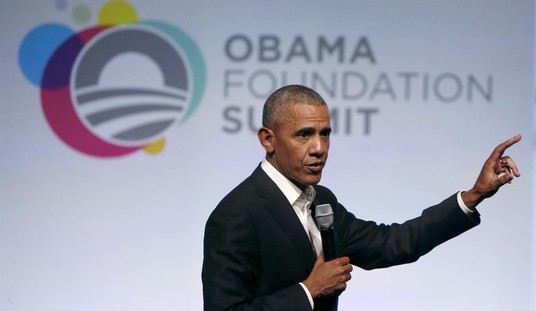Adding to the lengthy list of inanimate objects that are racist, medical devices are now, according to the British government, tools of White Supremacy™.
Related: 'The Good Men Project’ Denounces Whites as Racist for Being Anti-Racist
Via The Guardian (emphasis added):
Minority ethnic people, women and people from deprived communities are at risk of poorer healthcare because of biases within medical tools and devices, a report has revealed.
Among other findings, the Equity in Medical Devices: Independent Review has raised concerns over devices that use artificial intelligence (AI), as well as those that measure oxygen levels. The team behind the review said urgent action was needed.
Prof Frank Kee, the director of the centre for public health at Queen’s University Belfast and a co-author of the review, said: “We’d like an equity lens on the entire lifecycle of medical devices, from the initial testing, to recruitment of patients either in hospital or in the community, into the early phase studies and the implementation in the field after they are licensed.
It is indeed true — and was known long before the “Equity in Medical Devices” report commissioned by the NHS — that the melanin in darker-skinned people can throw off oxygen saturation measurements in clinical devices.
Via Nature:
It appears that the presence of melanin in the human epidermis may influence SpO2 estimation independently of blood oxygen saturation. Melanin has the highest ability to absorb light in the visible and infra-red regions relative to all other skin chromophores and layers. Hence, it is a key contributor to the intensity of transmitted light in both transmittance and reflectance pulse oximetry…
We have analysed the literature on the effect of skin pigmentation on pulse oximeter accuracy, and which reports that SpO2 is frequently overestimated in Black adults and infants, and in subjects with darker skin.
So it seems there’s good reason to want to ensure that medical devices used in clinical settings can account for skin color in regards to blood oxygen measurements.
However, why the need to cloak all of this in the veil of Equity™, which only serves as a divisive label sure to stir up controversy? Why not simply call for greater accuracy in medical devices to account for skin color?
The organizations and people who developed these products — Europeans and East Asians — obviously weren’t intending to violate Equity™ orthodoxy; in all likelihood, they were simply testing them on people around them with lighter skin colors and it never occurred to them until they were used in real-world settings that they might not work as well with, for example, African or Indians.
If a medical product were designed in Nigeria, and tested on Nigerians, then subsequently found to not work as intended in whites, would The Guardian run articles accusing Nigerian scientists of racism?
Continuing via The Guardian:
Prof Habib Naqvi, the chief executive of the NHS Race and Health Observatory, welcomed the findings, adding the review acknowledged the need for immediate modifications, equity assessments and tighter guidance and regulation around pulse oximeters and other medical devices…
“It’s clear the lack of diverse representation in health research, the absence of robust equity considerations and the scarcity of co-production approaches, have led to racial bias in medical devices, clinical assessments and in other healthcare interventions.”
And there we have it: the call for racial quotes in the research field. “Never let a good SpO2 crisis go to waste,” as they say.










